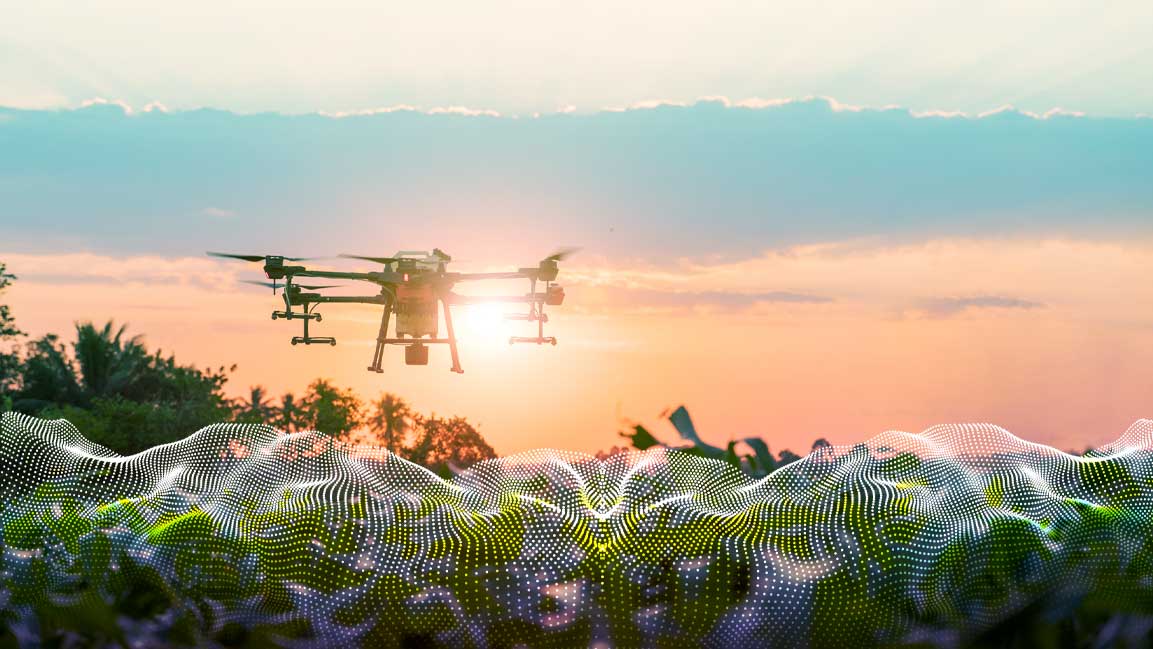- | 11:00 am
Satellite, drones and AI tech to track soil quality in Abu Dhabi
The project will collect more than 410 samples from 250 sites in a span of 50 days.

A recent UN report has pointed out that land degradation affects half of the world’s population and the global economy. In two decades, agricultural land in the UAE has gone down from approximately 8% to just 5%. Efforts to ensure food security in the Middle East will rely on monitoring and improving soil quality.
After a successful pilot project last year, the Environment Agency in Abu Dhabi will use drones, remote sensing tech, and AI to track soil quality. The project will collect 410 samples from 250 sites in 50 days. More than 3.8 million square meters of land will be surveyed as part of the initiative.
Spectral data collected by drones and lab information will be compared with satellite images. With further development of remote sensing tech, satellite imaging will be able to provide accurate insights into soil quality. AI will generate predictions about human activity generating major pollutants, which can damage the soil quality in Abu Dhabi.
The soil’s salinity and the concentration of heavy metals and hydrocarbon pollutants will be monitored to measure sustainability. Transparent evidence from satellites will allow the Environment Agency in Abu Dhabi (EAD) to protect the land more efficiently.
Last year, remote sensing tech was used to assess damage to the Jizan salt dome in Saudi Arabia due to underground dissolution. The deterioration of the dome had affected the residential neighborhoods built on its surface. Dubai Municipality had started using satellite data to measure air pollution and the concentration of greenhouse gases in the city.
In Qatar, remote sensing tech was deployed to create maps of coral habitats along the country’s coastline. The data obtained last year can boost efforts to conserve coral reefs in the Gulf region.

































